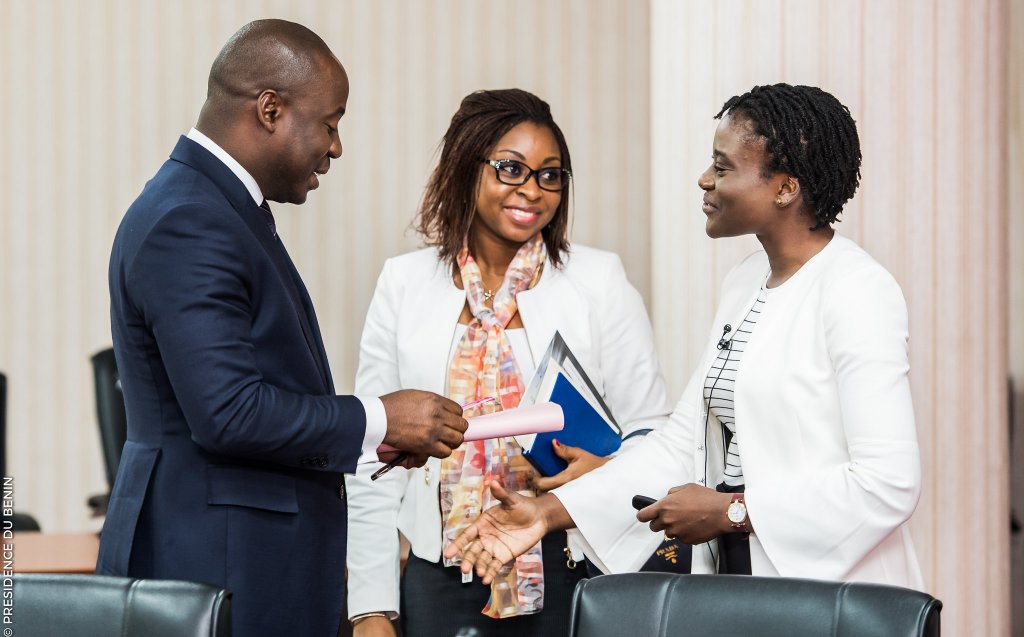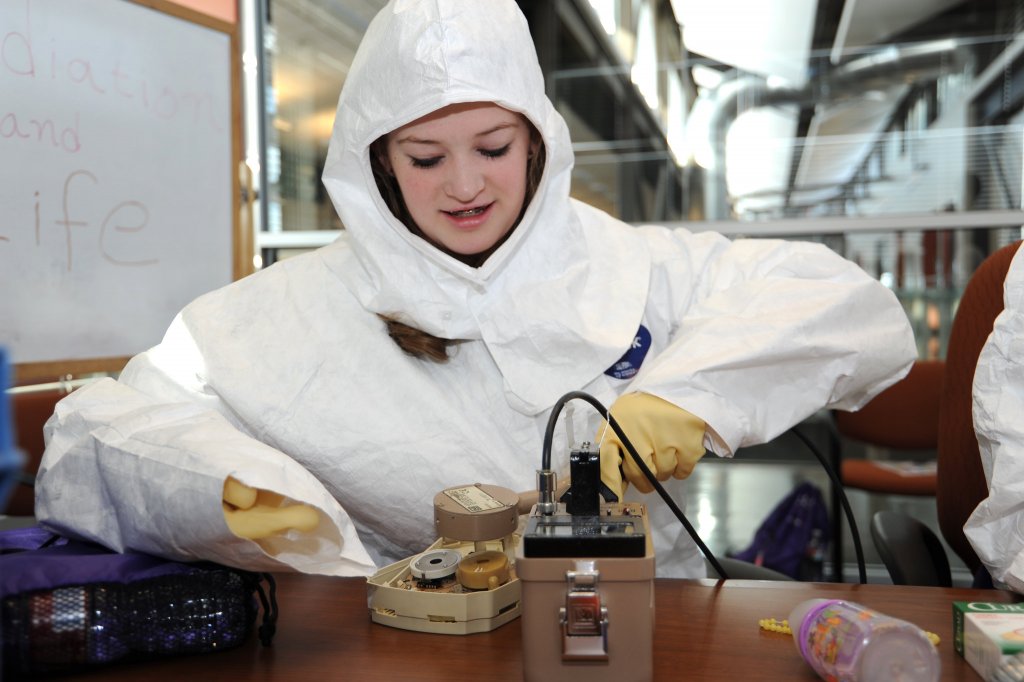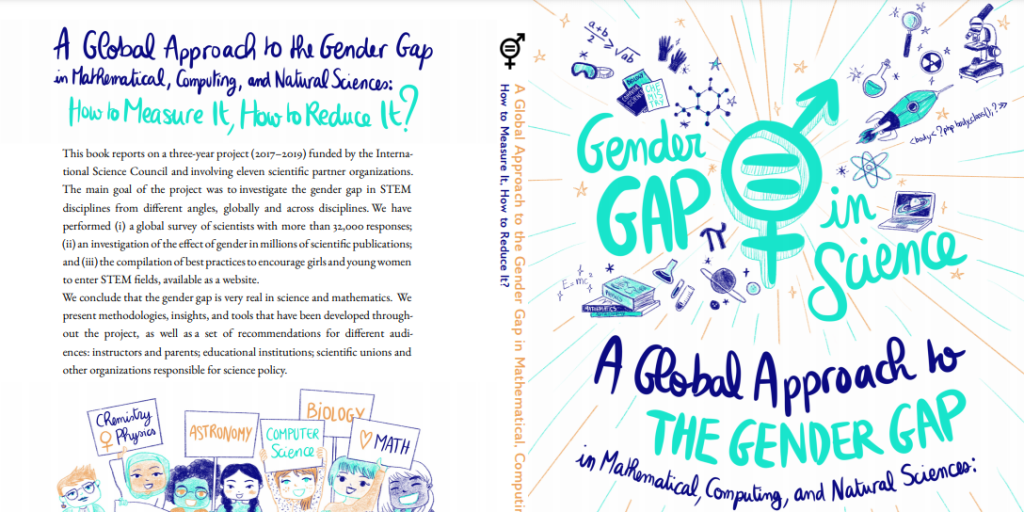The Grants Programme was established as a new modality to create international initiatives led by the ISC Member Unions.
The intent of the Grants Programme was to foster Membership engagement by addressing long-standing priorities for the ISC members in developing science education, outreach and public engagement activities, and to mobilize resources for international scientific collaboration.
The Grants Programme was competitive and peer-reviewed. Proposals needed to be led jointly by at least 2 ISC Scientific Unions. Proposals needed to focus on innovative, international, and multidisciplinary work that supports ISC’s strategic priorities.
Three Projects have been awarded a Grant for 2016-2019.
The deadline for submitting interim reports and financial statements was 1 December 2017, 1 December 2018 and 1 December 2019. A final report for the three year period including a full financial statement was expected no later than 31 December 2019.
IMU-IUPAC: A Global Approach to the Gender Gap in Mathematical and Natural Sciences: How to Measure It, How to Reduce It?”
Mathematical and natural sciences have long and honorable traditions of participation by highly creative women contributors. However, the percentages of women scientists remain shockingly low and there is a significant gender gap at all levels between women and men. Barriers to achievement by women persist, especially in developing countries. The project will produce sound data to support the choices of interventions that ICSU and member unions can feasibly undertake. It will provide evidence for informed decisions, including trends – since the situation for women continues to change around the world, with some negative developments – and will provide easy access to materials proven to be useful in encouraging girls and young women to study and work in these fields. Regional information about careers, jobs and salaries will be provided. The Joint global survey is planned to reach 45,000 respondents in more than 130 countries using at least 10 languages, while the Joint study on publication patterns will analyze comprehensive metadata sources corresponding to publications of more than 500,000 scientists since 1970. Contrasts and common ground across regions and cultures, less developed and highly developed countries, men and women, mathematical and natural sciences, will be highlighted.
Read: Gender Gap in Science Project – Findings published in report
IUBS-INQUA: TROP-ICSU: Trans-disciplinary Research Oriented Pedagogy for Improving Climate Studies and Understanding
Understanding the dynamics of Earth’s ecosystem and identifying measures to sustain it for the future requires immediate action with multidisciplinary approaches. Research efforts to identify key factors that affect the biodiversity and ecosystem functions and services need to be scaled up substantially and rapidly, requiring a whole new generation of multidisciplinary scientists/policy makers/administrators, whose education should start now. Educating forthcoming generations about the causes and effects of global climate change is also imperative as implementing solutions depends on an informed public. In this context, we need to develop education and science communication modules in such a way that every future citizen would be better equipped to identify appropriate solutions for sustainable and equitable development.
In this context, here this project aims to identify, through a consultative mechanism, most relevant curricula and efficient pedagogical tools, and outreach and citizen science programs to study the impact of climate change on biodiversity and ecosystem function and services and human health and diseases; and ways to address these problems in the coming years.
Uniqueness of this proposal is our focus on those education and citizen-science modules that are locally rooted yet globally relevant for much wider outreach. The project envisages developing online learning materials such as lectures (videos embedded with animations), interactive exhibitions/museums, mobile apps etc.
IUPAP-IUCr: Utilisation of Light Source and Crystallographic Sciences to Facilitate the Enhancement of Knowledge and Improve the Economic and Social Conditions in Targeted Regions of the World
ICSU will partner with IUPAP and IUCr to enhance advanced light source (AdLS) and crystallographic sciences in Africa, the Middle East, Mexico and Caribbean. Recognizing that AdLSs and crystallography are revolutionizing many disciplines, this project will accomplish the following: (1) develop a Strategic Plan for each region to grow and enhance its AdLS and crystallography user communities; (2) establish a Colloquium Programme for each region to recruit new AdLS and crystallography users; (3) publish an Information Brochure that describes AdLSs, crystallography, and the many fields that they impact; (4) facilitate researchers’ visits to AdLS and crystallography facilities; and (5) convene a meeting at UNESCO Headquarters to present the regions’ Strategic Plans and define the charge for more detailed Business Plans that include feasibility studies of constructing AdLSs in regions where they do not yet exist. By enhancing AdLS and crystallographic sciences, the regions’ peoples will benefit from the research that will tackle such devastating viruses as Zika, Ebola and HIV. Moreover, considerable progress will be achieved towards sustainable sources of clean energy. Finally, the regions contain important archeological and paleontological treasures to be explored by the beams from AdLSs. Thus, a major outcome of this project will be a buy-in by governmental officials that AdLSs and crystallography will bring major advances in their countries’ socioeconomic development.
Read: LAAAMP – Advanced Light Sources for Sustainable Development
 blog
blog
 news
news
 news
news
 publications
publications